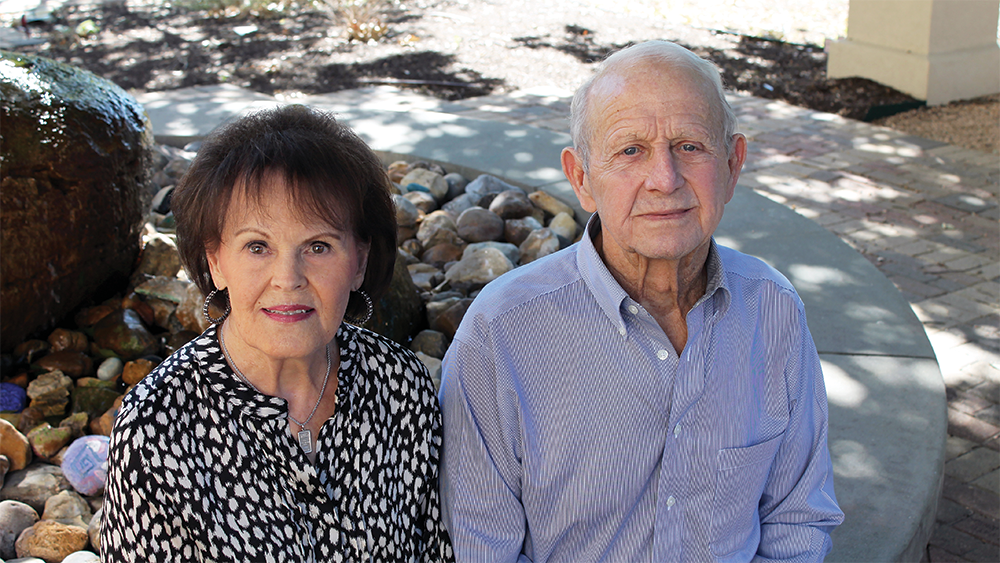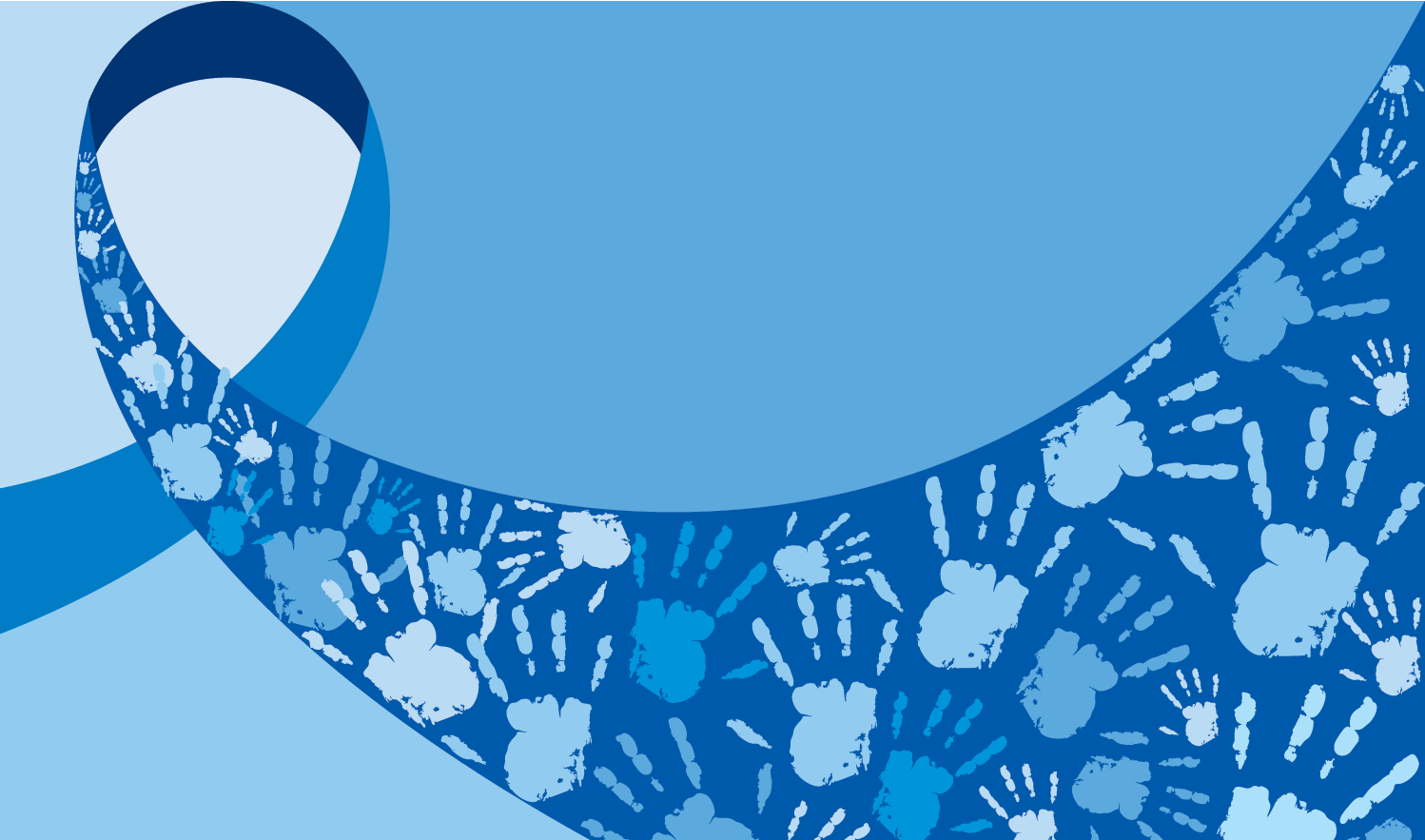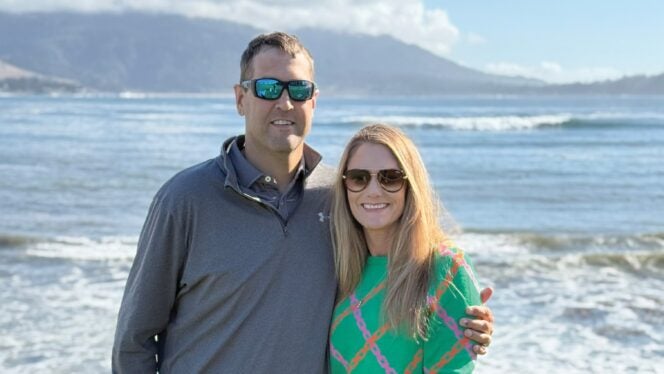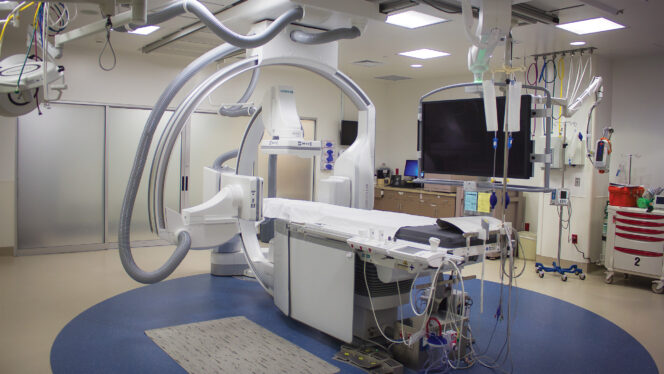Imagine a childhood disease so prevalent that it affects one in four girls and one in 13 boys in the United States;1 a disease that occurs 10 times more often than all forms of cancer combined;2 a disease that can have profound implications throughout a child’s life, far beyond diagnosis and treatment. This disease is called child abuse.
At Baylor Scott & White McLane Children’s Medical Center, the Child Protection Team is available 24 hours a day, 365 days a year, to provide compassionate medical care and support for these young victims of violence and abuse—from the exam room to the courtroom.
This team of specially trained physicians, forensic nurses and social workers conducts comprehensive forensic exams, provides mental health support and crisis intervention, and administers medicine to help prevent sexually transmitted diseases.
“Our staff members are trained in trauma-informed care to provide children a safe space where healing can start,” explained Mary Salmond, a forensic nurse and nurse manager at McLane Children’s. “We reinforce to our patients that their body is healthy, their body is perfect, and this one thing that happened to them does not define them.”
The need for these services is on the rise
In 2023, the Child Protection Team at McLane Children’s conducted 636 pediatric patient exams—5.5% more than the previous year—including 282 victims of sexual abuse and 17 cases of human trafficking. Sadly, numerous patients had multiple victimizations.
Unfortunately, forensic nursing is a medical support service eligible only for minimal reimbursement by payors. These services rely heavily on grant and donor funding.
Each forensic exam can take up to four hours to complete as the team evaluates and treats the child and collects data for use in police reports and court documents. The process involves lots of careful explanation, building rapport with the patient and getting consent from the child every step of the way. “We ask open-ended questions—using words the child would use—to assess their health and safety and to get a history of what happened to them. This guides our head-to-toe exam and what testing we need to do on their body,” Salmond said.
The patient’s consent drives the process, Salmond stressed: “Their psychological safety is just as important as their physical and medical safety. If the child allows us to look at their body, we ask whom they want to be in the room, and we constantly reassess for their permission.”
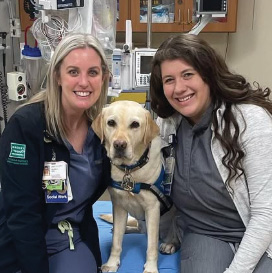
A furry friend in a stressful time
Sometimes, telling Gigi—a four-legged member of the hospital’s team—the story of what happened can be easier for children. This specially trained facility dog serves with the Child Protection Team to help calm and comfort patients.
“Gigi is fantastic,” Salmond said. “With our teenagers, sometimes it’s easier for them to answer directly to Gigi when we ask questions. With our smaller patients, it’s often helpful to first demonstrate how we’re going to do something like a swab on Gigi before the patient agrees to a swab on themselves.”
Beyond the hospital
The Child Protection Team collaborates with other agencies to provide education on preventing abuse, identifying victims of abuse and human trafficking, and providing emotional support to victims and their families.
Members of the Child Protection Team are also often called on to testify in court about the findings of their forensic exams. Heartbreakingly, this may also include the nurse reading out the narrative of the child who may be too terrified to take the stand themselves and repeat what happened to them.
These kids need your help
Unfortunately, forensic nursing is a medical support service eligible only for minimal reimbursement by payors. These services rely heavily on grant funding that continues to decrease year after year. With your help, we can continue to provide the fast response, dedicated time and specialized experience these vulnerable children need. Your donations also make it possible for the team to participate in community education efforts and testify in court.
Several generous donors have stepped forward recently to help meet the need for funding, but more needs exist. Additional support is essential to provide forensic nurses, dedicated examination spaces, and specialized cameras and equipment, as well as to advance education and enable expert testimony at trial.
1. National Children’s Alliance | 2. The Leadership Council on Child Abuse & Interpersonal Violence

